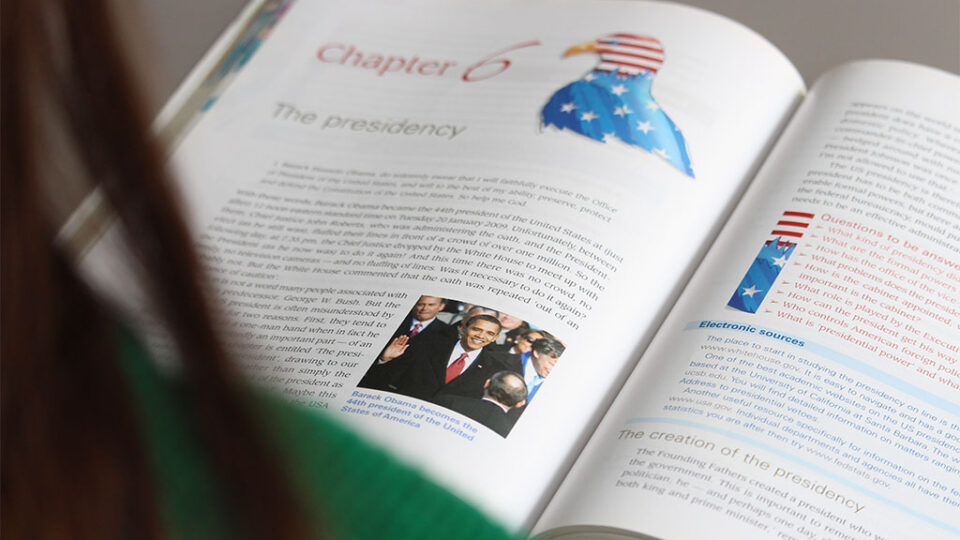History
A level history is a fascinating and engaging subject for those who are intrigued by the past and want to discover how events have impacted the world in which we live today.
You will study the four main pillars of the subject of cause and consequence, change and continuity, through the study of a breadth unit covering a period of c100 years in British history and a depth unit of c50 years in European history. In addition, you will develop a range of transferable skills which are highly regarded in both higher education and employment.

The options that you will study are:
Challenge and Transformation: Britain c1851-1964
This option allows students to study in breath issues of change, continuity, cause and consequence in this period through a series of key questions.
Part One: This section considers Victoria and Edwardian Britain from c1851 to the start of World War One.
- Section One – looks at the political system and developments, changes in the economy and society and the condition of Ireland and Anglo-Irish relations between 1850 -1886
- Section Two – looks at the challenges to the status quo, c1886 – 1914
Part Two: The World Wars and their legacies: Britain, 1914-1964
- Section Three – The Great War and its impact, 1914 -1939
- Section Four – Transformation and change, 1939-1964
Italy and Fascism, c1900-1945
This option provides for the study in depth of a period of Italian history during which democracy gave way to Fascism. You will study concepts such as liberalism, extremism, Fascism and authority and the opportunity to reflect on the reasons for political change, economic and political developments and the factors which promote and sustain dictatorship.
- Part One: the crisis of Liberal Italy and the Rise of Mussolini, c1900-1926, This crisis of liberal Italy c1900-1915, Mussolini’s Rise to Power 1915-22. The emergence of Fascist Italy 1922-26.
- Part Two: Fascist Italy, 1926-45, Fascist Society 1926-40, Fascist foreign policy 1926-40, Fascist Italy and War 1940-45.
NEA – Independent research and production of c4,000 word essay on a topic from the Tudor period
A level History is highly regarded by both employers and universities who acknowledge the many transferable skills that students develop over two years of study. High level thinking skills are developed through close analysis and evaluative work which encourages critical thinking.
Many students continue their studies by reading history at a variety of institutions including Oxford and Russell Group universities. Many history graduates also convert to postgraduate Law courses. Former students have entered a variety of careers including journalism, accounting, medicine, archaeology, the armed forces and education including history teaching.
The history department trips are to supplement the units that you are studying over two years. The depth study is supported by a trip to Rome looking at the Rise and Fall of Italian Fascism. The Challenge and Transformation study and the NEA work, sees trips to relevant places in the UK.











